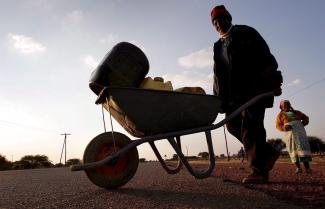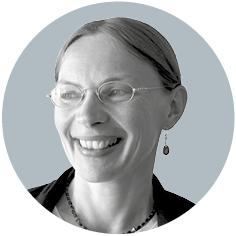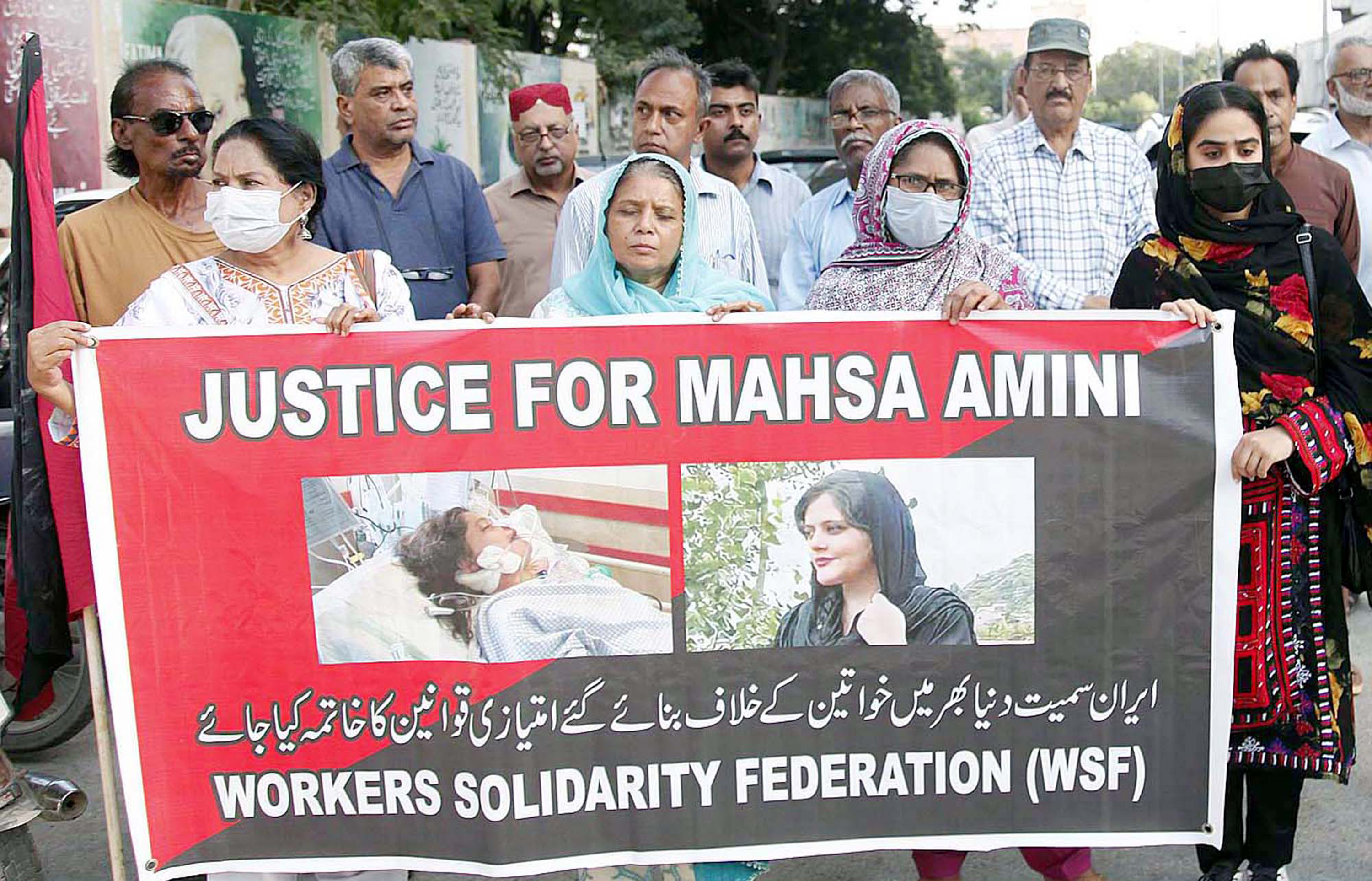Men as agents of change
Role model
masculinity must change. The non-governmental organisation Sonke Gender Justice Network is a leader in this context.

After Nelson Mandela became president in 1994, women’s rights activists created centres for victims of gender-based violence. They worked with lawyers to demand legal reforms, for instance, regarding laws on rape. In addition, civil-society groups have managed to get family law, labour law, estate law and property rights changed.
The new constitution serves as the basis for such reforms, and the Women’s National Coalition contributed to drafting it with specific proposals. As a result, a wide range of women’s rights and the principle of gender equality are now part of South Africa’s constitution. This was achieved in the face of rigorous opposition of the Congress of Traditional Leaders.
The traditional leaders are chiefs who, under the apartheid regime, enjoyed a certain amount of power and authority in the homelands. Most of these leaders had made their peace with racial discrimination, and they even found ways to personally benefit from the system. Later, they were also once again granted privileges, and a current political controversy revolves around a bill that would give them even more authority see side-bar background information: Constitutional law versus neo-traditionalism.
Tensions between the requirements of the law and traditional conventions are typical of post-war societies. The same holds true for South Africa 18 years after the end of the apartheid regime. On the one hand, women’s organisations have taken the opportunity and achieved legal reform. On the other, old and new elites quickly began insisting on their interpretations of traditions as the proper social order. The problem, however, is that selective interpretations of traditions often cause conflict and violence.
According to South Africa’s Constitution, adult women are independent legal persons, and that includes those who were married in accordance with traditional law, some of whom have to share their husband with other wives. Today, these women are entitled to find jobs and inherit property without a male legal guardian. In cases of domestic violence, they can apply for legal assistance. In the past, they depended on the benevolence of male relatives.
One-sided and authoritarian
It is a lasting challenge, however, to get the laws enforced. Again and again, women’s rights organisations, such as Johannesburg’s Tshwaranang and the Women’s Legal Centre of Cape Town, find themselves confronted with authoritarian men who interpret culture and tradition in lopsided fashion. Genuine progress will only come about once the traditional definition of masculinity is overcome. The martial role that men had to play in the liberation struggle has to be revisited; it was a reaction to the violent culture of the apartheid regime. As a response to constant humiliation from whites, many black men bragged about how many lovers they had. Today, black men should strive to become responsible fathers instead.
Self-appointed protectors of tradition have great influence, and that is partly due to men’s fear for their social standing in times of economic crisis. Many compensate for their own insecurity by becoming authoritarian, if not violent, at home.
Poverty is still widespread in South Africa. The infrastructure tends to be poor, especially in rural areas. Because schools are bad, unemployment remains high. Many adolescents and young adults are extremely frustrated because they have no prospects. They are the main target group for the Sonke Gender Justice Networks, which addresses male youngsters in particular. The project’s name says it all: Sonke means “together”. The special thing about Sonke is cooperation of men with women. The organisation considers itself a partner of women’s organisations.
Founded in 2006 by men, Sonke is an independent organisation that promotes gender equality in South Africa. It brings together young men to discuss male role models and patterns of violence, and it defines masculinity based on a commitment to a just, democratic and non-violent society. Commitment requires courage and conviction, as Sonke members often face ridicule from their peers.
Sonke activists offer workshops for teachers and pupils. In the evening, some hand out condoms in bars. The idea is always to spark discussions on masculinity, responsible sexual behaviour and violent attitudes.
Innovative forums
In view of dire economic circumstances, young men, especially those in rural areas, struggle to live up to social expectations. They need innovative forums to voice their concerns and reflect on their situation. Sonke picks up on traditional forms of communication, but adds new dimensions. For instance, it allows young men, who would generally be required to remain quiet in the presence of elders, to speak their mind.
Sonke also uses media, introducing rural youth to the internet, photography and video production. They produce audio items in local languages for community radio stations, reaching out to people who do not read and write well. Small exhibitions in schools or community centres get discussions started. Sometimes, traditional leaders get involved too. Some chiefs realise that they can improve their own standing by interacting with young people. Sonke sees tradition as malleable and encourages everyone to get involved.
Middle-aged Sonke activists who fought against apartheid are especially interested in talking to local authorities. They believe that racism and sexism stems from apartheid, and they aim to address traumatic humiliating experiences in a constructive way. Their goal is to deepen the democracy they fought for – and to move beyond violence. An important topic many South African men simply ignore is HIV/AIDS. Sonke calls on local male authorities to promote prevention and actively support families with AIDS patients and orphans. These families are generally stigmatised, and normally women alone care for the sick and raise children. It often takes a lot of convincing to get men to undergo HIV tests at all, so Sonke is keen on support from traditional leaders.
Independent evaluations of Sonke’s activities in rural areas of the Limpopo and Eastern Cape Provinces show that gender-specific acts of violence are declining, as is tolerance for aggressive behaviour among young men.
Sonke combines local awareness-raising with commitment at the national level. In 2009, gender activists took the then-chairman of the ANC Youth League, Julius Malema, to the Equality Court on charges of hate speech, unfair discrimination and harassment of women. In 2010, Sonke won the case – and made headlines. The plaintiffs pointed out that the South African Constitution protects people from violence and stipulates that men and women are equal. Malema is an aggressive, populist politician who has since been kicked out of the ANC.
Sonke has made a name for itself as a critical monitor of the powers-that-be, and the organisation stands up for rape victims, who are often accused of having provoked their tormentors. Civil-society organisations play a crucial role in doing away with such clichés, especially in South Africa, where opposition parties are very weak in comparison to the ANC.
Sonke criticises faults of individual politicians, but does not oppose the government as such. Indeed, the network cooperates smoothly well with a number of state bodies, such as the Office of the Status of Women, which founded a task force on men and gender equality in accordance with UN proposals to develop coherent approaches to gender policy. With UN support, Sonke has also joined forces with similar initiatives worldwide to form the MenEngage Global Alliance. The Alliance’s focus is on the South-South exchange.
Rita Schäfer is a freelance researcher and author of several books.













